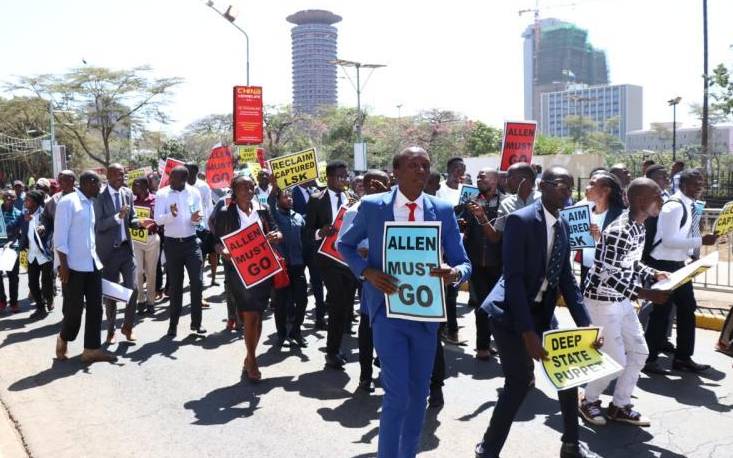×
The Standard e-Paper
Smart Minds Choose Us

Members of the legal fraternity are now seeking to reclaim the Law Society of Kenya (LSK)’s lost glory.
The once prestigious and very vocal society seems to have lost its voice in recent years, leaving issues such as public interest litigation to the common man as its members watch helplessly.